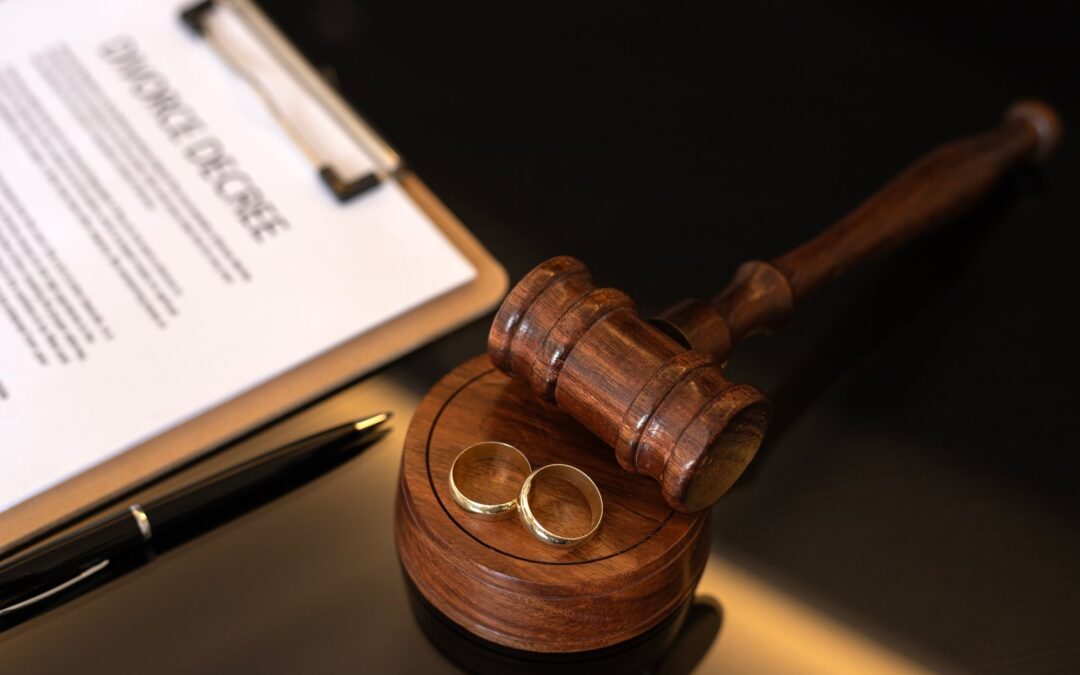In New York, courts strongly encourage spouses to settle divorce disputes rather than litigate them. This usually saves time and money for the parties and the judicial system as well as offering other benefits discussed in a prior post. One tool that parties can use to facilitate settlement is mediation which gives the couple a chance to resolve their conflicts themselves without court intervention. Neither side would need the court to decide a dispute if resolved through mediation except in limited circumstances.
What Is Mediation?
Mediation is a voluntary process where the parties work with a neutral third-party mediator who facilitates discussion and helps them negotiate a settlement. The mediator doesn’t render a decision or force a resolution although the mediator’s presence and role can influence a party to change his or her position if unreasonable or not consistent with the law.
Parties can choose to mediate at any time in their case and elect to mediate some or all disputes.
What Happens When Spouses Agree to Mediate?
Depending upon the degree of contentiousness between the parties, a judge may postpone court proceedings while the mediation is pending to allow the parties to focus on settling their issues.
Can You Ask the Court to Decide the Dispute While Waiting for Mediation to Begin?
If you have already agreed to mediate and the mediation began in a timely manner, the court will not, for example, look favorably on a motion asking it to decide the conflict. An exception to this is when there is an urgent issue that must be decided quickly.
Another exception is if you are requesting that the court decide an issue that is outside the scope of the agreed-to mediation. Often, parties in litigation will consent to mediate specific conflicts. Other disputes would still be handled by the judge.
When Can You Go to the Judge to Resolve Divorce Disputes?
Either party in a divorce can choose to stop the mediation process at any time. If the mediation fails, the case goes back to the court to continue with litigation.
Should You Mediate Your Divorce?
Divorce mediation offers significant advantages over litigation in many cases. Going to court seldom results in a complete victory. Even if you prevail overall, there may be issues that are decided against you or you may have spent significant time, money and emotional stress on your court battle. By mediating, you have more control over what you gain and lose than if you leave it to judge. However, mediation is not right in every circumstance.
If you are considering divorce, our firm can help you weigh the costs and benefits of mediation or settlement vs litigation. Regardless of your choice, we will strongly advocate for your best interests. Contact us to discuss how we can assist you in achieving a positive outcome in your case.

